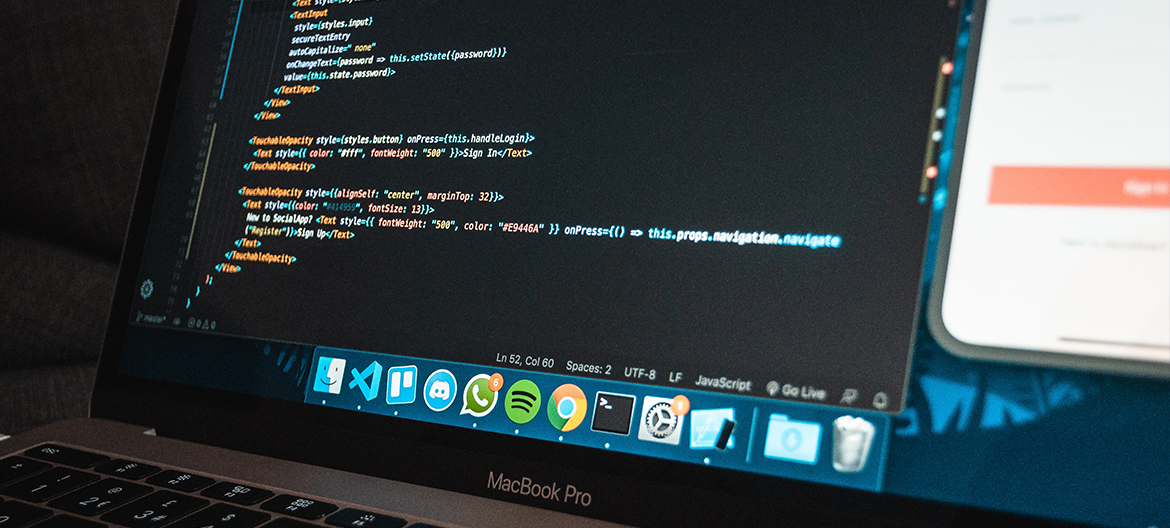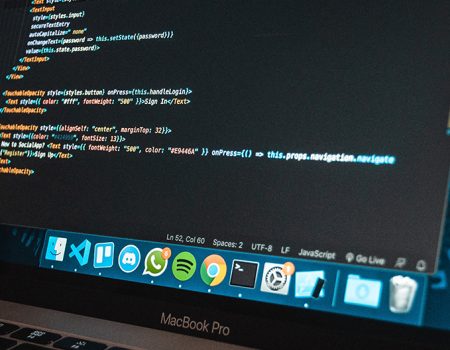Python is becoming a popular programming language and stands out among many other languages for its ease of use and wonderful libraries perfect for Machine Learning. The demand for Python developers has also increased due to the fact that Python gives seamless solutions to real-world problems and enhanced capabilities to developers. Python is used in high-scale data-intensive software projects and has gained ground in the development of complex AI models, Data Science and Machine Learning.
As the technology era moves towards cutting-edge projects based on AI, data science, and machine learning, Python is used in a range of applications that use natural language processing. Python libraries are very mature and are good to develop huge models for industrial use-cases. If you are reading this article, you’re probably thinking of becoming a Python developer. We think that’s a great area for growth!
Scope
Python is constantly growing. From startups to large enterprises, the aspect-oriented nature of Python offers modules that give practical functionality. Developers love Python because it has a lot of features that give it a competitive edge over other programming languages. A Python developer deals with the development of backend components of the application. They write code to connect the backend with the frontend components, integrate third-party services into the web application and connect certain modules in the system to make them work seamlessly together.
Technologies such as data science, cloud computing, Big Data, NLP, and computer networking are evolving. The competition in the digital space is leading engineers to develop projects using programming languages that have the ability to work smoothly and scale. Python is used in the development of most of the new software being developed. Some of the areas include:
- Text Processing
- Sentiment Analysis
- Document Classification
- Robotics Software
- Self-auto Correct and Auto-complete
- Social Media Monitoring
- Email Filtering
- Spam Detection
- Voice Assistants
Developers prefer working in Python because of its easy syntax and readability. Python is easy to learn as compared to other programming languages and this is the edge that a beginner gets. You can build your skills in Python and start solving real-world problems very quickly. Below are some steps that will help you become a Python developer.
Steps to Becoming a Python Developer
1. Read, Learn and Write
This is the fastest way to learn Python.
1. If you’re already a developer and just want to get the hang of the language, read the documentation and you will be able to figure things out. Install the Python IDE, and implement short pieces of code.
2. If you’re new to computer science then create a Python roadmap for yourself. To begin with, we recommend you enroll in the course on Coursera named, “Python for Everybody Specialization” by Charles Russell Severance (Dr. Chuck). This course introduces fundamental programming concepts using Python programming language including:
- Variables
- Functions
- Loops
- Data structures
- Databases
- Networked application program interfaces
At the end of this course, you will be able to design and create your own applications for data processing, retrieval, and visualization.
Book:
Along with the video lectures, you can also work your way through some textbooks if that is your preferred method of learning. Below you will find a few examples.
1. “Python Crash Course, 2nd Edition: A Hands-On, Project-Based Introduction to Programming” by Eric Matthes is available on Amazon and is among the best-selling Python books for beginners in the world. The book helps you:
- Use powerful tools and libraries in Python.
- Build 2D games that take input from the keyboard.
- Generate interactive visualization projects.
- Create web applications on the cloud.
- Resolve errors with debugging techniques.
2. There is another book, “Python Basics: A Practical Introduction to Python 3” by David Amos. It gives a step-by-step roadmap to developing fundamental skills through Python concepts and a practical approach towards building programs.
Easy Learning:
Python is a general-purpose language and over time you will get to know its enhanced features and the capabilities it provides to developers. The Python libraries and framework are very versatile. They eliminate the overhead of manually writing code for each sub-function. You can do easy coding by including some relevant libraries in your code and using their built-in functions. Other programming languages do not offer this flexibility which is why it is easier to learn as compared to Java, C++, or any other programming language.
The Python IDEs are very user-friendly. Their functions and features help you develop robust web applications. From error detection to testing, the compilers are very intelligent. All you need to do is take some Python developer training courses, watch some video tutorials, read comprehensive documentation of Python, and start writing small codes.
2. Develop Projects
Get hands-on experience in Python. Work through the projects and assignments given in your text or online course. Nothing will be better than learning by doing. Remember you are doing this for yourself. If you have basic computer science and programming knowledge, you can aim at slightly more complex projects that require more skills. These assignments and projects will clear your concepts and sharpen your skills.
Project Ideas:
As a beginner, you should choose a project idea that is not very complex but incorporates basics and some advanced concepts of Python. Through a project, you will be able to learn the Python libraries, use-cases, and their performance or complexity.
- Binary Search Algorithm
- Sorting Algorithms (Selection sort, Bubble sort, Insertion sort, Merge Sort, etc.)
- Fibonacci (very important)
- Calculator
- Alarm Clock
- Number Guessing
- Rock, Paper, Scissors
- Dice Rolling Simulator
- Tic-Tac-Toe
- Hangman
At an advanced level, you can also build a web service, a price prediction model, a sentiment analysis model, or any other AI/ML model. The more you will practice, the more you will get to know the nitty-gritty details.
3. Own your Projects
Show confidence in projects you have developed on your own. For this, you can make your portfolio and a detailed document that describes all the services, libraries, and functions that you have used and implemented. Mention the applications you built with a brief overview of what they do. Look out for more projects that seem fascinating to you. Showcase your work with enhanced visuals and graphics.
4. Choose the Field/Role
When you find yourself with enough understanding and experience with Python programming languages, it is time to dive into your favorite field. Python developers get endless opportunities in Tech companies. The software houses are working on high-end projects that are exclusively built on Python. From data science jobs to machine learning engineers, there is a wide range of positions and roles for Python developers. Get to know your interests, look for job openings, and get into the field.
Job Roles of a Python Developer
Below are some of the Python programming jobs offered to Python developers.
Python Web Developer
A Python web developer is responsible for writing code to enable the backend web services. They provide support to front-end developers through the integration of code and third-party applications. A Python web developer should have a good knowledge of libraries to write scripts.
Data Scientist
Companies are hiring data scientists who are proficient in Python programming. To fit in the position, Python developers should have theoretical and practical knowledge of the techniques and procedures of data analysis. A data scientist must have hands-on coding experience of using Python libraries to create mathematical models and deliver data analysis.
Data scientists have the ultimate responsibility of designing projects that help businesses make effective decisions based on huge datasets collected from multiple sources. For this, machine learning and AI algorithms are implemented which include neural networks, naive Bayes, regression analysis, clustering, etc. Moreover, they should have knowledge of related Python libraries that give enhanced functionalities of the AI models and eliminate the need for excessive coding for basic modules.
AI Engineer
An AI engineer should have experience in the implementation of data modeling techniques. The code written by AI engineers is integrated into both software and hardware systems. Through detailed data analysis, cleaning, and processing, AI models have been developed that help in system automation and reduce the manual processes in an organization.
Machine Learning Engineer
A machine learning engineer is responsible for the implementation of neural networks and complex prediction models. They should have experience in developing complex mathematical models using machine learning and statistics.
Data Analyst
A data analyst plays a vital role in an organization. He is supposed to employ data analysis tricks and techniques to analyze huge datasets and glean useful information from them. The role demands some background knowledge of statistics and mathematics for better calculations and estimations. They use AI algorithms, Python libraries, and Matlab, etc. to make data visualizations.







